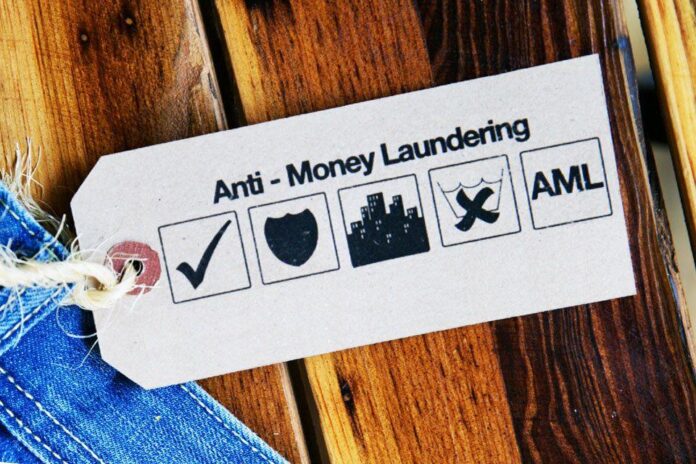The British Antique Dealers’ Association (Bada), the Society of London Art Dealers (Slad) and the Association of Art and Antiques Dealers (Lapada) have jointly commissioned a series of training videos on Anti-Money Laundering (AML) legislation.
The resources are being created by the art compliance specialist Rakhi Talwar, who worked with the trade bodies previously on an initial toolkit, published in 2020.
This updated resource will take into consideration the UK Treasury’s updated guidance on AML obligations, which were issued in June 2022. Content covered will include a reminder of the obligations created by the legislation, which includes the creation of “risk assessments, documenting policies and procedures and keeping comprehensive records” and will be designed to aid staff training. The videos will also consider the broader duty of art market participants to conduct “know-your-customer” checks.
“Many members are small businesses who need to navigate a lot of red tape and are appreciative of accessible support and guidance,” says a spokesperson from the partnership. “We felt that although there are a number of third-party compliance specialists providing training services to the sector, it was part of our role to make training as accessible as possible.”
The three bodies together represent around 700 UK art dealers, who are likely to welcome the guidance, given that HM Revenue and Customs (HMRC) began its regular publication of fines being given to Art Market Participants, defined as those handling transactions totalling €10,000 (around £8,800) or above, at the end of last year. Individual penalties can reach up to £5,000 per quarter that a participant fails to register, albeit with a £100,000 cap. The art market has been subject to the regulations since 2020 and dealers were obliged to register by June 2021.
Rakhi Talwar adds: “HMRC are keen to ensure that art market participants are aware of their obligations—they ask whether training has been completed as part of their registration process and this usually prompts dealers to seek [it] out.”













![Want to See a Truly Under-the-Radar Art-Historical Landmark? [Cartoon]](https://usaartnews.com/wp-content/uploads/DZIaf3XQupec9792tmAjaVOrDK1HC0Nf44JJOwZz-696x385.jpg)











